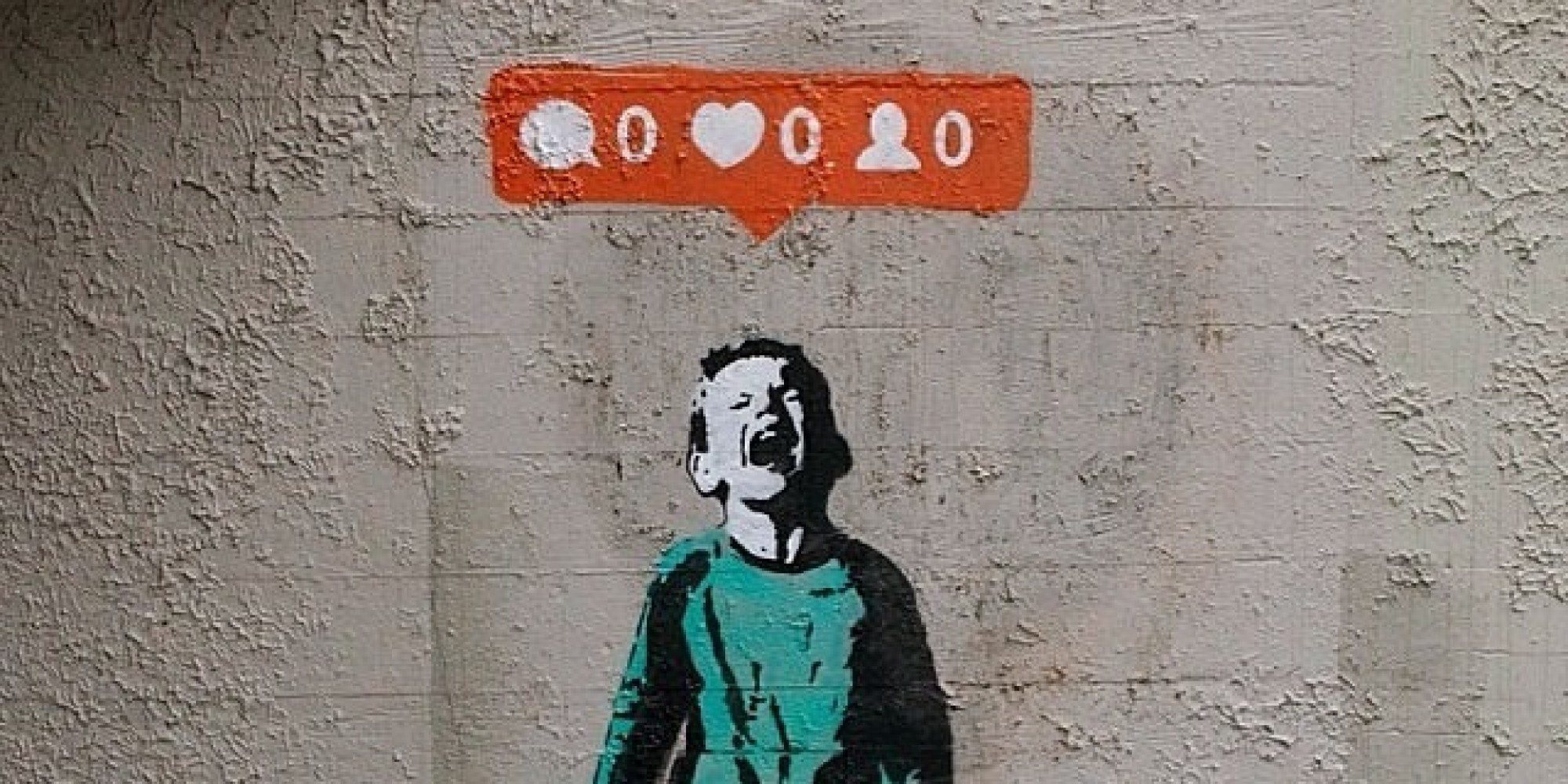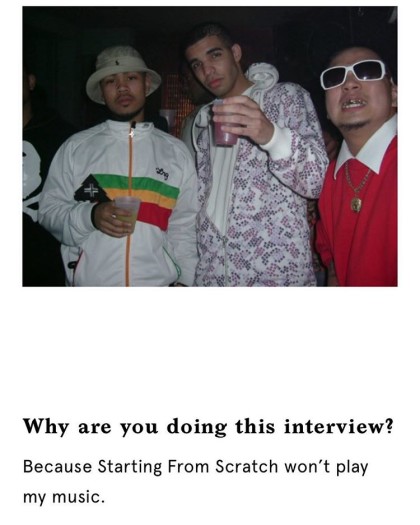
The Great Instagram Purge: where are we now?
It’s been a year since the Great Instagram Purge, but have we actually learned anything from it?
Although you may not have personally lost a great deal of followers, and your favourite celebrities losing valueless “fans” most likely didn’t affect your life, the purge showed us that it’s very easy to get kicked out of your imaginary throne. More importantly however, it’s allowed us to become more aware of, and concerned about, authenticity and honesty online.
In some twisted fate, the main medium of relaying this attention, the internet, has essentially become it’s own antithesis. Once a place for sharing ideas and creativity, it has since become a cesspool of click-bait and advertisements that one must wade through in order to find trustworthy information and value.
Even with millions of fake accounts being deactivated with hopes to end some of the fraudulent factors of our viewership, our hunger for attention has not dissipated. And since we’re being honest, our cravings are probably greater than before- because now, we are striving to seize and redefine whatever real value is left in the remaining reservoir of watered-down admiration we’ve created.
We all have multiple personalities in our curated lives nowadays. We have our personality around our friends, with our family, and perhaps the most ambivalent of all, our personality on the internet.
The common ground throughout all of our characters is that they are all a little too credulous. We still haven’t managed to grow out of the high-school-popularity mentality where we quantify success by how much positive attention (“likes”) something receives.
Instead of appreciating posts we see, we’ve become conditioned to question whether or not the information is real, or if the attention it’s receiving is even reputable.
So where has this left us?
Well, we probably haven’t moved very far from where we began before the purge. The reality is that there will always be an unfortunately healthy amount of fake followers, fake likes, and fake respect on the internet. It is, after all, the latest home for anonymity and inaccuracies, and is growing far too quickly to be regulated by one entity.
The only thing we can do as ‘users’ is to help promote a little reality online, and firmly reevaluate how we define success. We should be reminding people that things such as “likes” are not necessarily tangible and that they shouldn’t account for all of our rationale of respect in the real world.
It’s been a year since the Great Instagram Purge, but have we actually learned anything from it?
Although you may not have personally lost a great deal of followers, and your favourite celebrities losing valueless “fans” most likely didn’t affect your life, the purge showed us that it’s very easy to get kicked out of your imaginary throne. More importantly however, it’s allowed us to become more aware of, and concerned about, authenticity and honesty online.
In some twisted fate, the main medium of relaying this attention, the internet, has essentially become it’s own antithesis. Once a place for sharing ideas and creativity, it has since become a cesspool of click-bait and advertisements that one must wade through in order to find trustworthy information and value.
Even with millions of fake accounts being deactivated with hopes to end some of the fraudulent factors of our viewership, our hunger for attention has not dissipated. And since we’re being honest, our cravings are probably greater than before- because now, we are striving to seize and redefine whatever real value is left in the remaining reservoir of watered-down admiration we’ve created.
We all have multiple personalities in our curated lives nowadays. We have our personality around our friends, with our family, and perhaps the most ambivalent of all, our personality on the internet.
The common ground throughout all of our characters is that they are all a little too credulous. We still haven’t managed to grow out of the high-school-popularity mentality where we quantify success by how much positive attention (“likes”) something receives.
Instead of appreciating posts we see, we’ve become conditioned to question whether or not the information is real, or if the attention it's receiving is even reputable.
So where has this left us?
Well, we probably haven’t moved very far from where we began before the purge. The reality is that there will always be an unfortunately healthy amount of fake followers, fake likes, and fake respect on the internet. It is, after all, the latest home for anonymity and inaccuracies, and is growing far too quickly to be regulated by one entity.
The only thing we can do as ‘users’ is to help promote a little reality online, and firmly reevaluate how we define success. We should be reminding people that things such as “likes” are not necessarily tangible and that they shouldn’t account for all of our rationale of respect in the real world.




